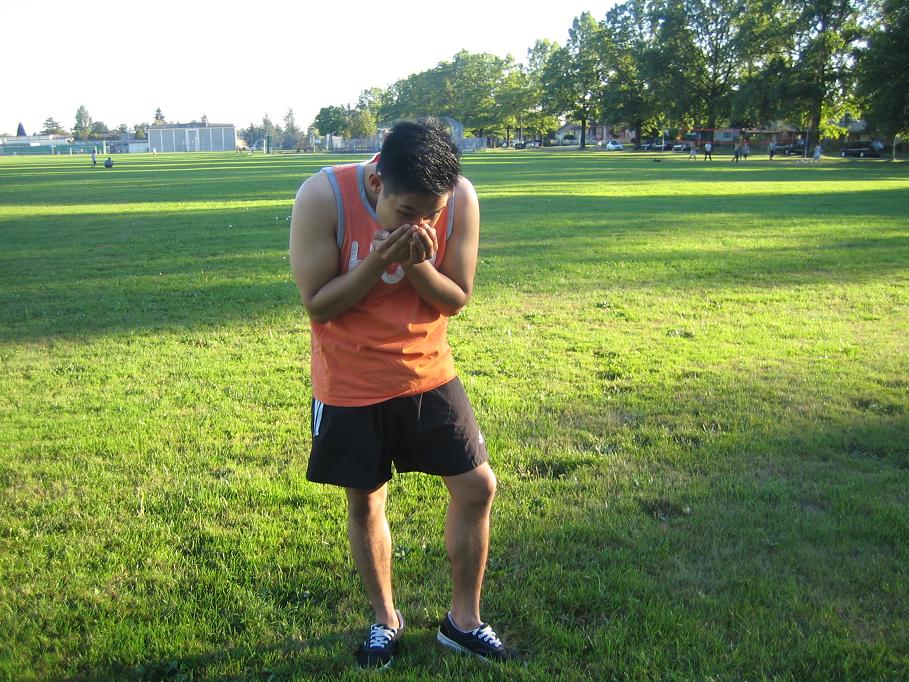Diphtheria is a communicable, oftentimes deadly infection involving the upper respiratory tract caused by the Corynebacterium diphtheria bacteria. With the help of widespread vaccination, the cases of diphtheria drastically dropped in the recent years but it still exists in several developing countries all over the world.
The bacteria responsible for causing diphtheria spreads via droplets of moisture coughed out into the air. In most instances, the bacteria multiply on or near the surface of the mucous membranes of the throat or mouth where inflammation is triggered.
What are the indications of diphtheria?
The condition usually starts in a few days after being exposed to the bacteria. The symptoms of diphtheria begin over a few days with painful swallowing, sore throat, hoarseness, malaise and low-grade fever.
Among children, they also have nausea, rapid heart rate, chills, vomiting and headache. The lymph nodes are also swollen. Since the inflammation causes the swelling of the throat, constriction of the airway makes breathing extremely hard.

Generally, the bacteria create a sturdy, grayish sheet of material comprised of bacteria, dead white blood cells and other substances close to the tonsils or other parts of the throat. This membrane constricts the airway while the roof of the mouth might end up paralyzed. When children inhale, a noisy gasping sound is produced. In addition, the membrane might detach and clog up the airway completely, thus preventing the child from breathing.
Prevention
Children are given routine immunization against diphtheria. The diphtheria vaccine is usually mixed with vaccines for tetanus and pertussis. Once the initial immunization schedule is completed, a booster shot for diphtheria is given every 10 years.
If an individual who has not been fully vaccinated or it has been more than 5 years since a booster shot was exposed to the disease, a booster shot is given.
Management
A child who shows symptoms of diphtheria requires hospitalization in an intensive care unit and given antibodies via injection to neutralize the diphtheria toxin. Antibiotics are also given by the doctor such as erythromycin or penicillin to eliminate the bacteria which are given for 14 days.
The child must be kept in isolation until 2 cultures have been taken after the antibiotics were stopped to confirm that the bacteria has been eliminated.

